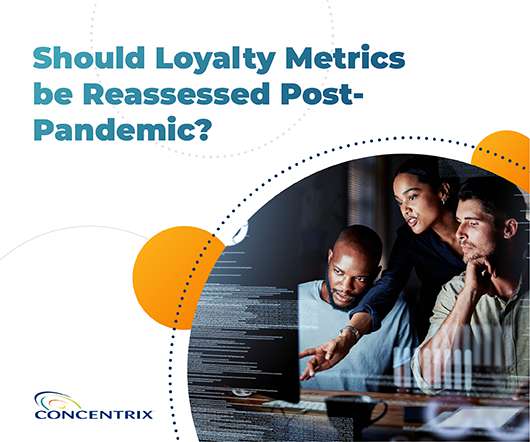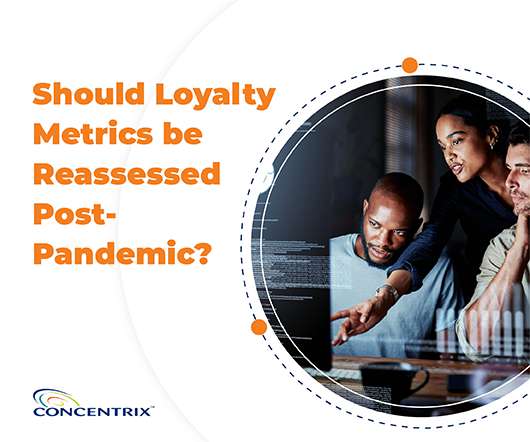How to Calculate Your Net Promoter Score (NPS)
GetFeedback
AUGUST 23, 2020
NPS calculation formula and interpretation of data.

GetFeedback
AUGUST 23, 2020
NPS calculation formula and interpretation of data.

Lumoa
APRIL 7, 2022
Net Promoter Scores are always an interesting topic of conversation, and industry NPS benchmarks even more so. A Net Promoter Score (NPS) is a metric used to measure customer loyalty and satisfaction. A Net Promoter Score (NPS) is a metric used to measure customer loyalty and satisfaction.
This site is protected by reCAPTCHA and the Google Privacy Policy and Terms of Service apply.

GetFeedback
MAY 19, 2021
Why employee NPS surveys are valuable for your business and how they can help provide an accurate measurement of employee satisfaction.

Lumoa
JANUARY 2, 2023
In This Article: What is a transactional NPS (tNPS)? How to calculate transactional NPS (tNPS)? What is the difference between transactional NPS (tNPS) and Net Promoter Score (NPS)? What is a transactional NPS (tNPS)? How to calculate transactional NPS (tNPS)? Key Takeaways.

Advertisement
Two years later, CX pros are still curious about the impact the pandemic has had on customer expectations and how to modify their CX measurement programs accordingly. Common questions include: Does Net Promoter Score® (NPS) still have the same predictive power? Do loyalty metrics need to be reassessed?

GetFeedback
DECEMBER 26, 2018
CRM integration is especially critical for Net Promoter Score (NPS). The NPS survey measures long-term customer satisfaction and customer loyalty—two fundamentals for modern organizations. Below we’ll explain why NPS data belongs in your CRM, and how you can put it there using GetFeedback for Salesforce.

Feedbackly
JANUARY 5, 2023
What is NPS? The Net Promoter Score (NPS) is a metric used to identify the loyalty of customers to a business/brand. The NPS score is calculated using the responses of the NPS survey, which asks the simple question, “how likely are you to recommend this product/brand to someone you know?” How to calculate NPS?

Advertisement
They wonder: Does Net Promoter Score® (NPS) still have the same predictive power. Download this eBook and discover how to adjust to get more from your customer feedback right now! Do loyalty metrics need to be reassessed? Have the drivers of customer experience changed?

Advertisement
Download this eBook and uncover how winning organizations are tapping into the right technology to improve Customer Satisfaction, NPS, and other key metrics.

Advertisement
How to measure Emotional Experience and EVI®. How to calculate EVI®. The Emotional Value Index (EVI®) measures the level and types of emotion that drive your sales. From this eBook you will learn: What is Emotional Experience and why it is important. What is the Emotional Value Index (EVI®). What can you learn from the EVI®.

Speaker: Curtis Bingham, CEO, Chief Customer Officer Council
NPS and Loyalty are the new shiny. Tune in on January 15th and learn about things such as: How a focus on "Ease of Doing Business" can yield greater near-term gains than loyalty. Ways in which you can identify the critical drivers of "Ease of Doing Business"—and how to engage employees to solve problems.

Advertisement
If Artificial Intelligence for businesses is a red-hot topic in C-suites, AI for customer engagement and contact center customer service is white hot. This white paper covers specific areas in this domain that offer potential for transformational ROI, and a fast, zero-risk way to innovate with AI.
Let's personalize your content